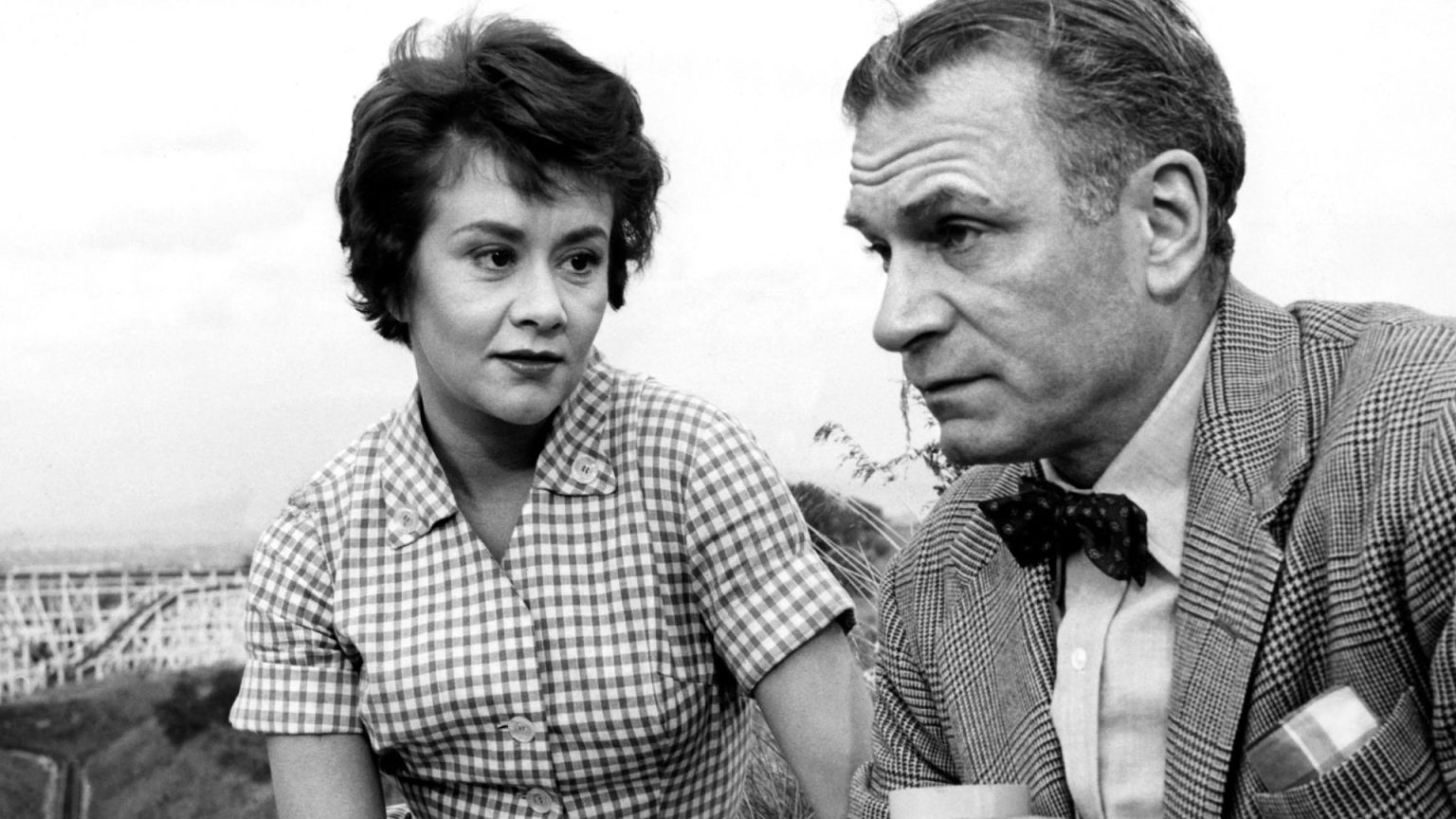Dame Joan Plowright, a luminary of stage and screen for over seven decades, passed away at the age of 95, prompting the dimming of London’s West End lights in her honor. While her professional accomplishments were numerous and lauded, her life was also deeply intertwined with the complexities of her nearly 30-year marriage to Lord Laurence Olivier, arguably the most renowned actor of his time. Their relationship, initially met with skepticism and predictions of its demise, endured despite Olivier’s acknowledged “demons” and unconventional lifestyle. Plowright, in a rare interview, described Olivier as “a man touched by genius,” acknowledging that such brilliance often comes at a price. She learned to navigate the turbulent waters of their relationship, accepting his erratic behavior as part of his artistic nature, striving to remain anchored amidst the storm of his personality.
Their love story began in 1956 during a production of John Osborne’s “The Entertainer,” where Plowright, then married to actor Roger Gage, played Olivier’s daughter. Olivier himself was unhappily married to Vivien Leigh, the iconic star of “Gone With the Wind.” The contrasting natures of their respective marriages laid the groundwork for their eventual union. While Olivier reportedly found Leigh’s passionate nature overwhelming, he saw in Plowright the potential for a more stable, family-oriented life. Following Leigh’s affair with actor Peter Finch and her subsequent divorce from Olivier, he and Plowright married in a quiet ceremony in Connecticut in 1961. The unassuming officiant, seemingly oblivious to Olivier’s global fame, provided a touch of ironic normalcy to the momentous occasion.
Despite finding the domesticity he craved with Plowright and their three children – Richard, Tamsin, and Julie Kate – Olivier’s infidelities continued, including a protracted affair with actress Sarah Miles. Nevertheless, they built a family life at their manor house near Brighton, complete with a London taxi purchased for the school run after the children expressed their dislike for the family Rolls-Royce. Plowright, though dedicated to her family, never abandoned her passion for acting, viewing it as essential as breathing. She took two-year breaks after the birth of each child, but invariably returned to the stage, showcasing her enduring commitment to her craft.
Plowright’s career, though often overshadowed by her husband’s fame, was remarkable in its own right. Born in Brigg, Lincolnshire, in 1929, she inherited her mother’s theatrical passion and natural talent. Her mother, Daisy, an amateur actress, recognized Plowright’s “spark” and encouraged her pursuit of the stage, despite acknowledging her daughter’s lack of conventional beauty. After drama school and early West End performances, Plowright met Olivier, a pivotal moment that would shape both her personal and professional life. She resisted an agent’s suggestion to change her name to something more glamorous, retaining the grounded and unpretentious moniker that would become synonymous with her enduring stage presence.
Even after Olivier’s death from prostate cancer in 1989, Plowright’s career continued to flourish. She delivered memorable performances in films like “Love You To Death” and the 1996 remake of “101 Dalmatians.” Her talent was further recognized with Golden Globe awards for her roles in “Enchanted April” and the television biopic “Stalin.” Her final years, though marked by the challenge of declining eyesight, which led to her retirement in 2014, were filled with the warmth of family and friends. She faced her challenges with characteristic resilience and determination, leaving behind a legacy of both artistic brilliance and personal strength.
Dame Joan Plowright’s life story is a testament to the enduring power of passion, both on and off the stage. She navigated the complexities of a high-profile marriage, raised a family, and carved out a distinguished career, all while remaining true to herself. Her passing marks the end of an era, but her contributions to the world of theatre and film, as well as her inspiring personal journey, will continue to resonate for generations to come. Her legacy is one of talent, resilience, and an unwavering commitment to her craft, a shining example of a life lived fully and authentically.




